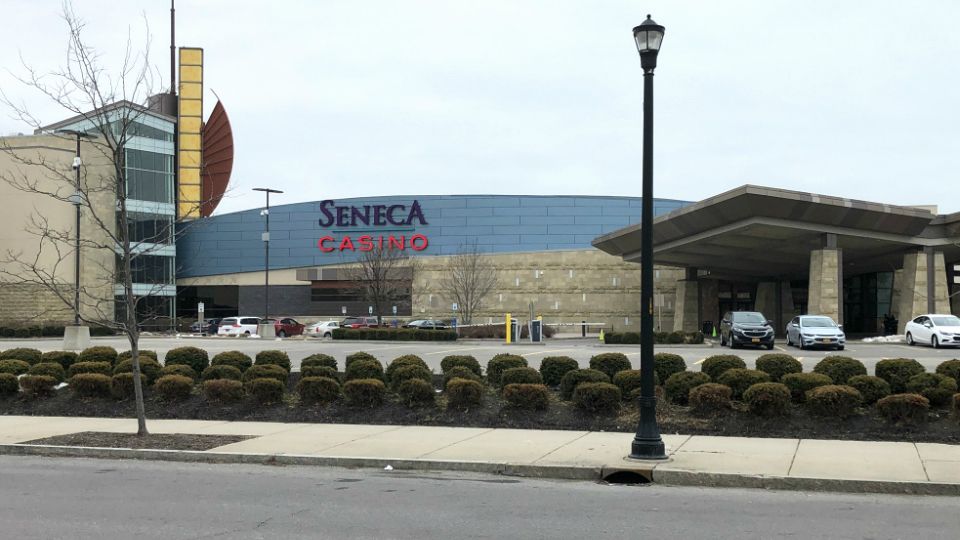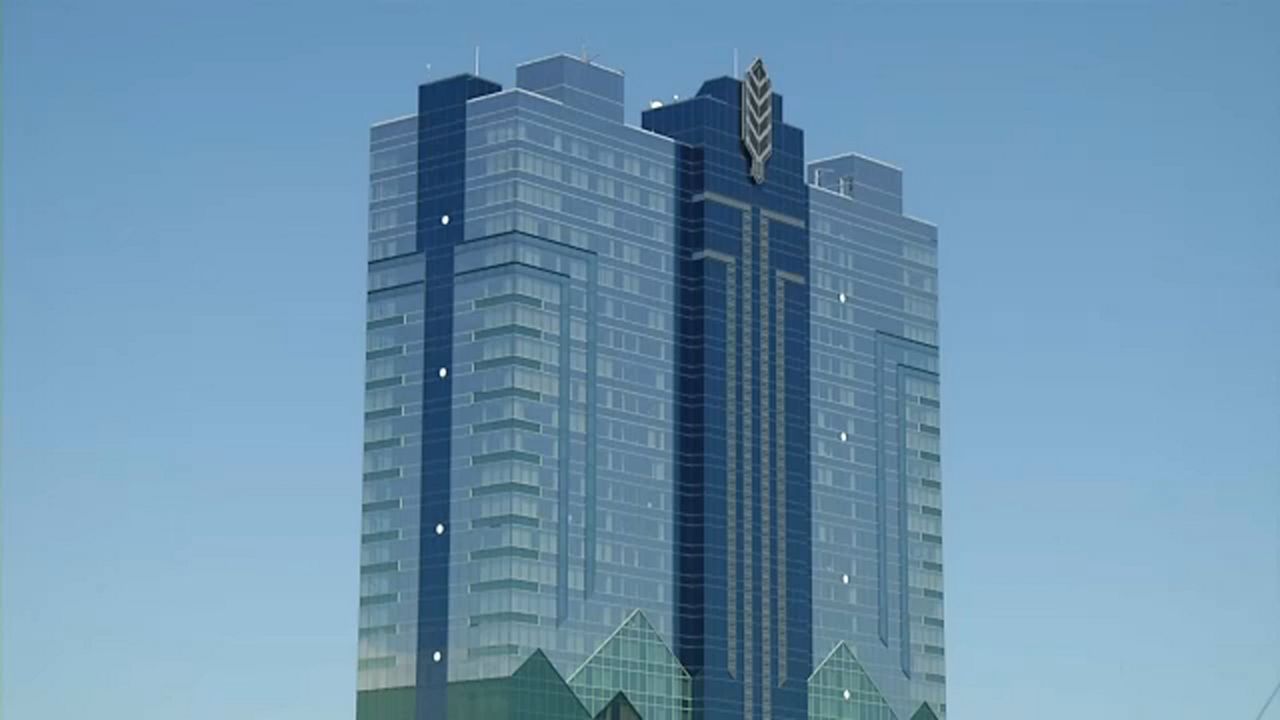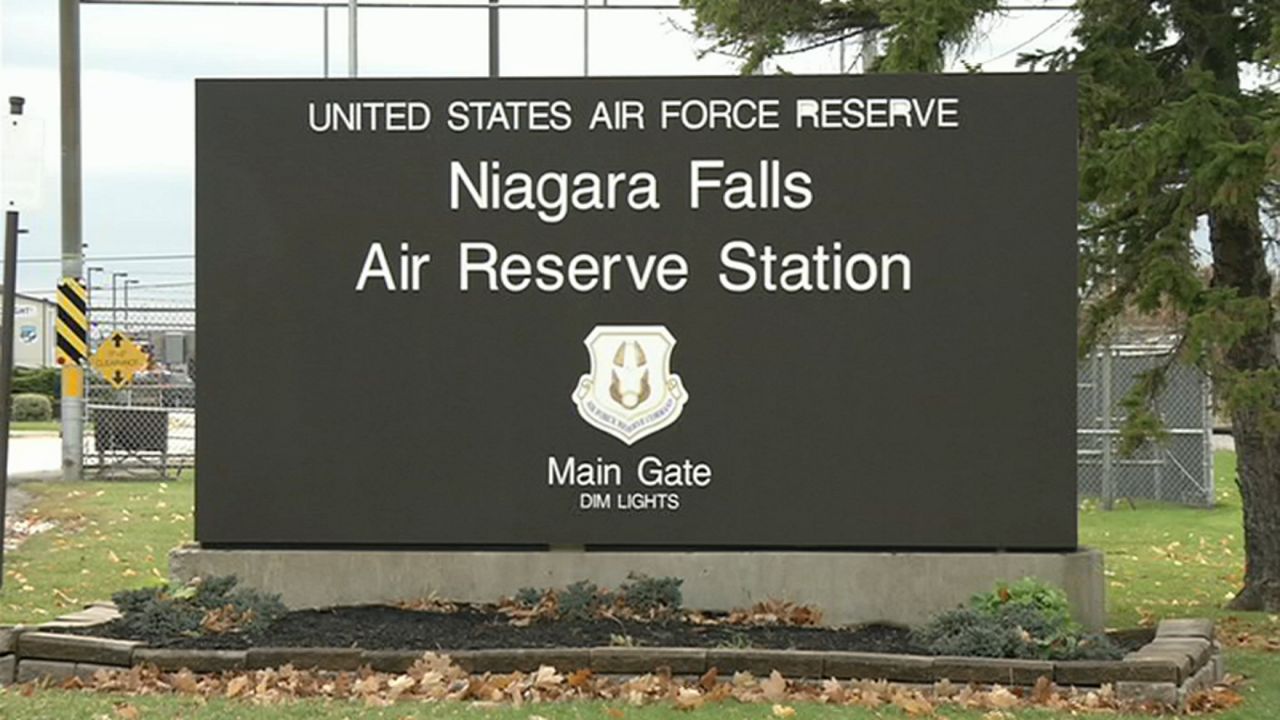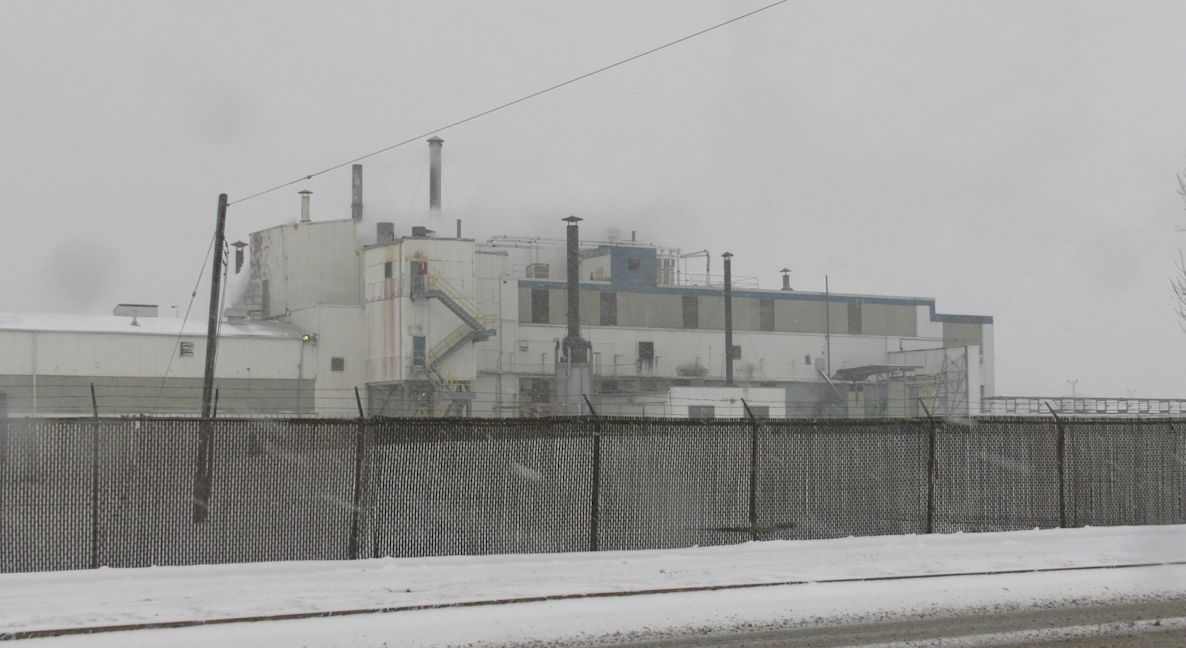When Niagara Falls Mayor Paul Dyster released his proposed 2019 city budget, he had an audience.
The budget includes a $2.5 million tax cuts for residents, thanks at least in part to a $12.3 million advance from the state.
“We must do our part to reduce costs and increase revenues by constantly being on the lookout for new ways of making government more innovative and more efficient,” Dyster said.
He said the advance, promised by Governor Andrew Cuomo earlier in the week, was factored in to the budget proposal and will allow the city to avoid mass layoffs, especially within the public safety department.
“There were a number of things avoided as a result of getting casino revenues,” Dyster said.
Niagara Falls has been struggling with its budget for the past few years, after a 14-year contract with the Seneca Nation to receive a portion of profits from the Seneca Niagara Casino came to an end. Dyster has said the city’s budget woes are the direct result of this contract ending.
Plans are in the works to restructure various city government departments including engineering, which Dyster said could help the city save $100,000 within the first year.
Eliminating vacant positons is also on the agenda and could save the city another $700,000 within the first year.
New agreements with the police union will result in another $900,000 in savings, he said.
“You have to get really serious here,” said Councilman Kenny Tompkins. “Cutting by attrition is nice because it doesn’t affect anybody, but these are tough times. We have to look at every job. Is that job performing the way it’s supposed to perform? Are you getting the bang for the buck?”
The city is currently taking bids for user fee-based garbage disposal services, an idea that does not sit well with taxpayers.
The garbage user fee in the 2019 budget proposal is estimated at $168 per year, of which 15 percent will be subsidized by the city.
After $2.5 million in tax cuts, homeowners will only have to pay $25 per year in garbage user fees.
"There is also a fairness issue involved. The city incurs a cost for those who use solid waste services but pay no property taxes,” said Mayor Dyster.
Garbage disposal is covered through property taxes. The cost has increased over the years and, according to the mayor, the old system is no longer sustainable.
“The fees spread the wealth to businesses that have one or two totes and of course the non-profits. You have to understand up until now the homeowners were taking on that burden,” said Councilmember Andrew Touma.
The budget proposal is now in the hands of City Council who have until December 1 to amend and/or approve it.










